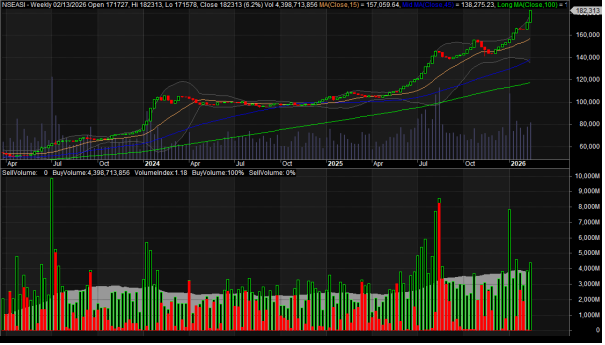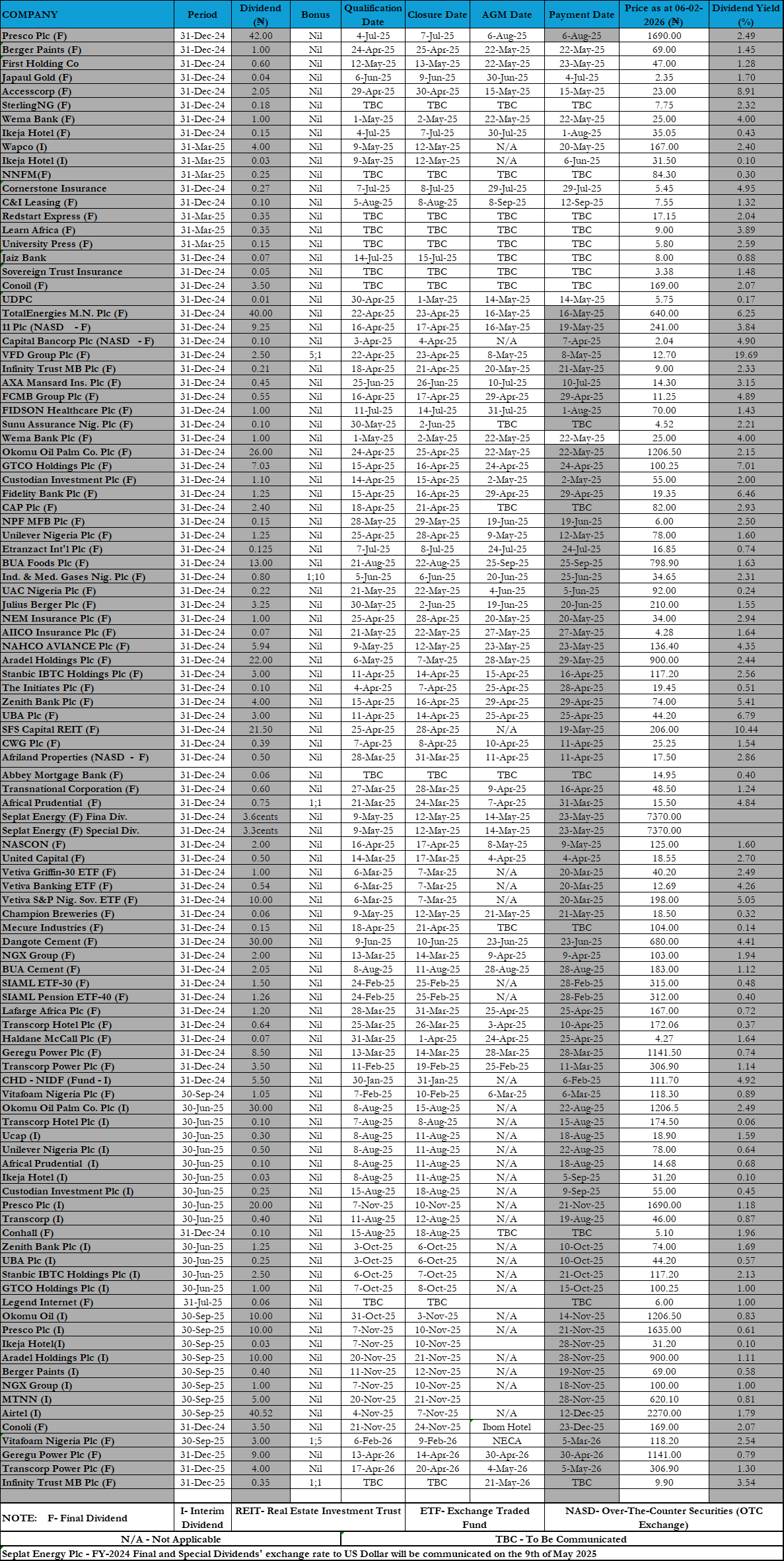Nigerian Stock Exchange (NSE), on Thursday corroborated a report by the National Bureau of Statistics (NBS) a day earlier that there was a huge decline in foreign portfolio investments in 2016, compared to 2015.
According to the NSE, foreign portfolio investments on the nation’s bourse decreased by N507.52 billion or 49.51% from N1.025 trillion recorded in 2015 to N517.55 billion at the end of last year.
Domestic transactions also decreased by 28.02% from N880.56 billion to N633.82 within the same period.
In all, a total of N1.151 trillion worth of transactions were consummated during the year, down from N1.905 trillion in 2015, representing a decline of 754.25 billion or 39.58% within the period.
Foreign inflow declined by N214.31 billion or 45.51% from N470.83 billion in 2015 to N25652 billion; while outflow dropped by N293.21 billion or 52.90%.
Also, domestic retail investment amounted to N278.8 billion, down by N103.9 billion or 27.14%.
Month-on-month, the month of June recorded the highest investment amounting to N155.85 billion, with N79.76 billion or 51.18% foreign and N76.08 billion or 48.82% domestic investors, out of which N42.46 billion and N47.30 billion were foreign inflow and outflow respectively. On the domestic front for the month, retail investments stood at N37.04 billion and N39.04 billion institutional.
This was followed by the N117.71 billion in August, with N56.06 billion or 47.62% foreign and N61.65 billion or 52.38% domestic. Foreign inflow and outflow were N34.70 billion and N21.36 billion respectively, with domestic retail and institutional investment of N23.39 billion and N38.26 billion respectively.
Further review of the report also showed that in February, domestic investors took the lead, pooling N74.49 billion or 63.52% of the total N117.27 billion investments for the month, leaving foreign investors with N42.78 billion or 38.48%; lead by domestic institutional investment of N38.25 billion and retail investment amounting to N36.24%.
The lowest amount of transactions on the bourse was recorded in November, when total investments stood at N64.39 billion, broken down into N29.15 billion foreign and N35.24 billion or 54.73%. Domestic institutional investment amounted to N19.58 billion; compared with N15.66 billion of retail investments.
On Wednesday, the NBS released its Nigerian Capital Importation- Q4 2016 Report, indicating that capital importation, comprising Foreign Direct Investment, Portfolio and other investment reduced drastically in 2016, falling by 46.86% from $9.64 billion in 2015 to $5.12 billion.
According to the NBS, “this was the lowest value since the series started in 2007, which reflects the numerous economic challenges that afflicted Nigeria in 2016.
“The weakening of the Naira may have had an impact: a weaker Naira means more can be purchased with each dollar, and therefore investment projects requiring Naira payments cost less in dollar terms,” the report noted.
A breakdown of the figure shows that Portfolio investment, whereby investors seek quick returns rather than control of management in companies which fell the most, declining by 69.81%, NBS analysts believe, is most likely to have been impacted by current macro-economic and indeed the stock market conditions.
Also, foreign Direct investors, which takes a longer-term view, following which Nigeria’s recession and currency problems ought to carry less weight in investment decisions fell by 27.83% between 2015 and 2016, considerably less than portfolio investment.
Other investment options increased between 2015 and 2016, by 3.48% entirely due to an increase in foreign loans.
Specifically, the value of foreign direct investment, porfolio investment and other investments dropped from $4.499 billion in 2014 to $1.548bn in 2016.
The report noted that investments from the United Kingdom remained the biggest source of inflow, at a time companies like Guinness Nigeria, with British parentage continues to get investments from that country. Britain imported capital worth worth $2.131 billion into Nigeria in 2016. Other brands with British parentage in the country include Unilever Nigeria and Royal Dutch Shell.
Diageo, the parent company of Guinness Nigeria, through its subsidiary- Guinness Overseas hopes to convert the loans to its Nigerian arm into equities, hence the ongoing rights issue that may give Diageo and upward of 80% equity stake from around 54%.
UK’s capital import, according to the NBS report is more than twice the value of the next largest investor country- the Netherlands, which accounted for
$296.52 million, or 19.14% of the total.
The UK was followed by the United States, which accounted for $945.59 million investment inflow; coming ahead of Netherlands has always been a prominent investor in Nigeria, with numerous large companies active (such as Heineken’s majority owned Nigerian Breweries and FrieslandCampina WAMCO Nigeria). The Netherlands made investments worth $516.89 million in the same period.











